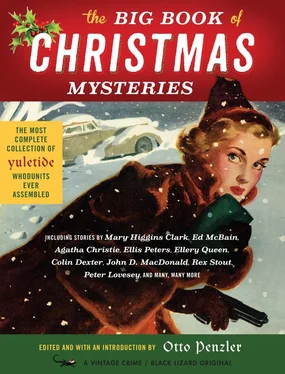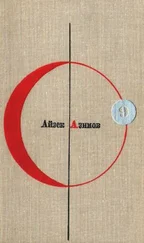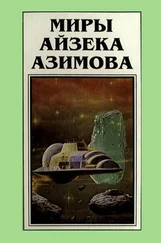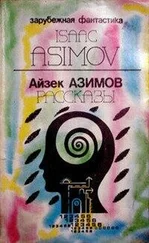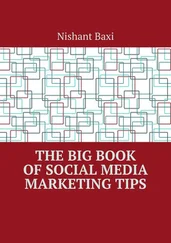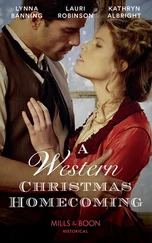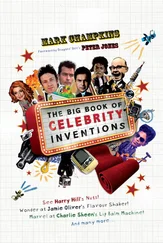The milkman ran back to his car and drove toward a police-station.
Mr. Oakington was on the spot within an hour of being called. There were a dozen policemen grouped around the car and the shapes in the snow; the reporters, thank God, had not arrived.
Late in the afternoon the superintendent put a call through to one man who might help in a moment of profound bewilderment.
Archibald Lenton was the most promising of Treasury Juniors that the Bar had known for years. The Common Law Bar lifts its delicate nose at lawyers who are interested in criminal cases to the exclusion of other practice. But Archie Lenton survived the unspoken disapproval of his brethren and, concentrating on this unsavoury aspect of jurisprudence, was both a successful advocate and an authority on certain types of crime, for he had written a textbook which was accepted as authoritative.
An hour later he was in the superintendent’s room at Scotland Yard, listening to the story.
“We’ve identified both men. One is a foreigner, a man from the Argentine, so far as I can discover from his passport, named Alphonse or Alphonso Riebiera. He lives in Paris, and has been in this country for about a week.”
“Well off?”
“Very, I should say. We found about two hundred pounds in his pocket. He was staying at the Nederland Hotel, and bought a car for twelve hundred pounds only last Friday, paying cash. That is the car we found near the body. I’ve been on the ’phone to Paris, and he is suspected there of being a blackmailer. The police have searched and sealed his flat, but found no documents of any kind. He is evidently the sort of man who keeps his business under his hat.”
“He was shot, you say? How many times?”
“Once, through the head. The other man was killed in exactly the same way. There was a trace of blood in the car, but nothing else.”
Mr. Lenton jotted down a note on a pad of paper.
“Who was the other man?” he asked. “That’s the queerest thing of all — an old acquaintance of yours.”
“Mine? Who on earth—?”
“Do you remember a fellow you defended on a murder charge — Joe Stackett?”
“At Exeter, good lord, yes! Was that the man?”
“We’ve identified him from his fingerprints. As a matter of fact, we were after Joe — he’s an expert car thief who only came out of prison last week; he got away with a car yesterday morning, but abandoned it after a chase and slipped through the fingers of the Flying Squad. Last night he pinched an old car from a second-hand dealer and was spotted and chased. We found the car abandoned in Tooting. He was never seen again until he was picked up on the Chopham Common.”
Archie Lenton leant back in his chair and stared thoughtfully at the ceiling.
“He stole the Spanza — the owner jumped on the running-board and there was a fight” — he began, but the superintendent shook his head.
“Where did he get his gun? English criminals do not carry guns. And they weren’t ordinary revolvers. Silver-plated, ivory butts carved with girls’ figures — both identical. There were fifty pounds in Joe’s pocket; they are consecutive numbers to those found in Riebiera’s pocket-book. If he’d stolen them he’d have taken the lot. Joe wouldn’t stop at murder, you know that, Mr. Lenton. He killed that old woman in Exeter, although he was acquitted. Riebiera must have given him the fifty—”
A telephone bell rang; the superintendent drew the instrument toward him and listened. After ten minutes of a conversation which was confined, so far as Oakington was concerned, to a dozen brief questions, he put down the receiver.
“One of my officers has traced the movements of the car; it was seen standing outside ‘Greenlawns,’ a house in Tooting. It was there at nine forty-five and was seen by a postman. If you feel like spending Christmas night doing a little bit of detective work, we’ll go down and see the place.”
They arrived half an hour later at a house in a very respectable neighbourhood. The two detectives who waited their coming had obtained the keys, but had not gone inside. The house was for sale and was standing empty. It was the property of two old maiden ladies who had placed the premises in an agent’s hands when they had moved into the country.
The appearance of the car before an empty house had aroused the interest of the postman. He had seen no lights in the windows, and decided that the machine was owned by one of the guests at the next door house.
Oakington opened the door and switched on the light. Strangely enough, the old ladies had not had the current disconnected, though they were notoriously mean. The passage was bare, except for a pair of bead curtains which hung from an arched support to the ceiling.
The front room drew blank. It was in one of the back rooms on the ground floor that they found evidence of the crime. There was blood on the bare planks of the floor and in the grate a litter of ashes.
“Somebody has burnt paper — I smelt it when I came into the room,” said Lenton.
He knelt before the grate and lifted a handful of fine ashes carefully.
“And these have been stirred up until there isn’t an ash big enough to hold a word,” he said.
He examined the blood-prints and made a careful scrutiny of the walls. The window was covered with a shutter.
“That kept the light from getting in,” he said, “and the sound of the shot getting out. There is nothing else here.”
The detective-sergeant who was inspecting the other rooms returned with the news that a kitchen window had been forced. There was one muddy print on the kitchen table which was under the window, and a rough attempt had been made to obliterate this. Behind the house was a large garden and behind that an allotment. It would be easy to reach and enter the house without exciting attention.
“But if Stackett was being chased by the police why should he come here?” he asked.
“His car was found abandoned not more than two hundred yards from here,” explained Oakington. “He may have entered the house in the hope of finding something valuable, and have been surprised by Riebiera.”
Archie Lenton laughed softly.
“I can give you a better theory than that,” he said, and for the greater part of the night he wrote carefully and convincingly, reconstructing the crime, giving the most minute details.
That account is still preserved at Scotland Yard, and there are many highly placed officials who swear by it.
And yet something altogether different happened on the night of that 24th of December...
The streets were greasy, the car-lines abominably so. Stackett’s mean little car slithered and skidded alarmingly. He had been in a bad temper when he started out on his hungry quest; he grew sour and savage with the evening passing on with nothing to show for his discomfort.
The suburban high street was crowded too; street cars moved at a crawl, their bells clanging pathetically; street vendors had their stalls jammed end to end on either side of the thoroughfare; stalls green and red with holly wreaths and untidy bunches of mistletoe; there were butcher stalls, raucous auctioneers holding masses of raw beef and roaring their offers; vegetable stalls; stalls piled high with plates and cups and saucers and gaudy dishes and glassware, shining in the rays of the powerful acetylene lamps...
The car skidded. There was a crash and a scream. Breaking crockery has an alarming sound... A yell from the stall owner; Stackett straightened his machine and darted between a tramcar and a trolley...
“Hi, you!”
He twisted his wheel, almost knocked down the policeman who came to intercept him, and swung into a dark side street, his foot clamped on the accelerator. He turned to the right and the left, to the right again. Here was a long suburban road; houses monotonously alike on either side, terribly dreary brick blocks where men and women and children lived, were born, paid rent, and died. A mile further on he passed the gateway of the cemetery where they found the rest which was their supreme reward for living at all.
Читать дальше
